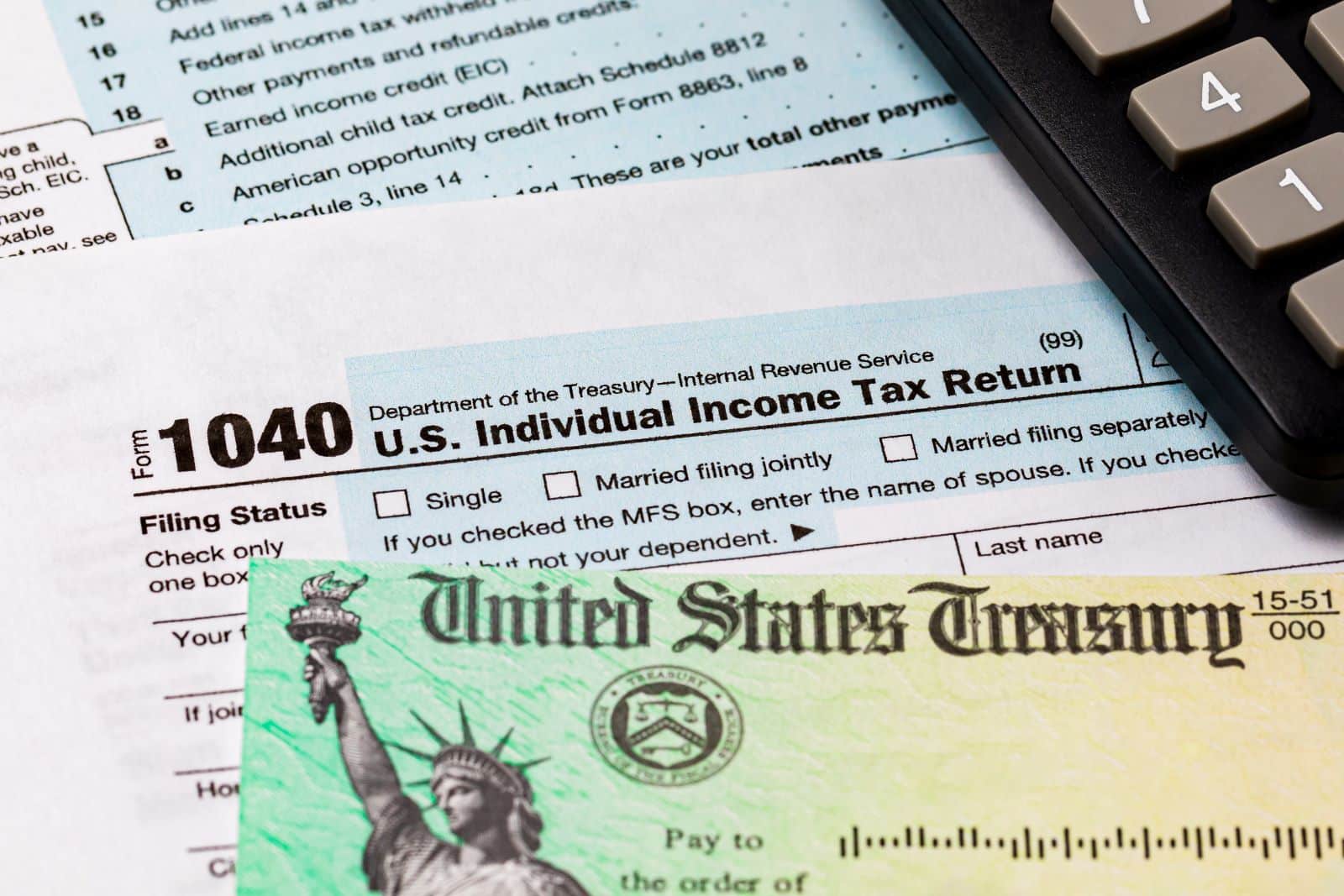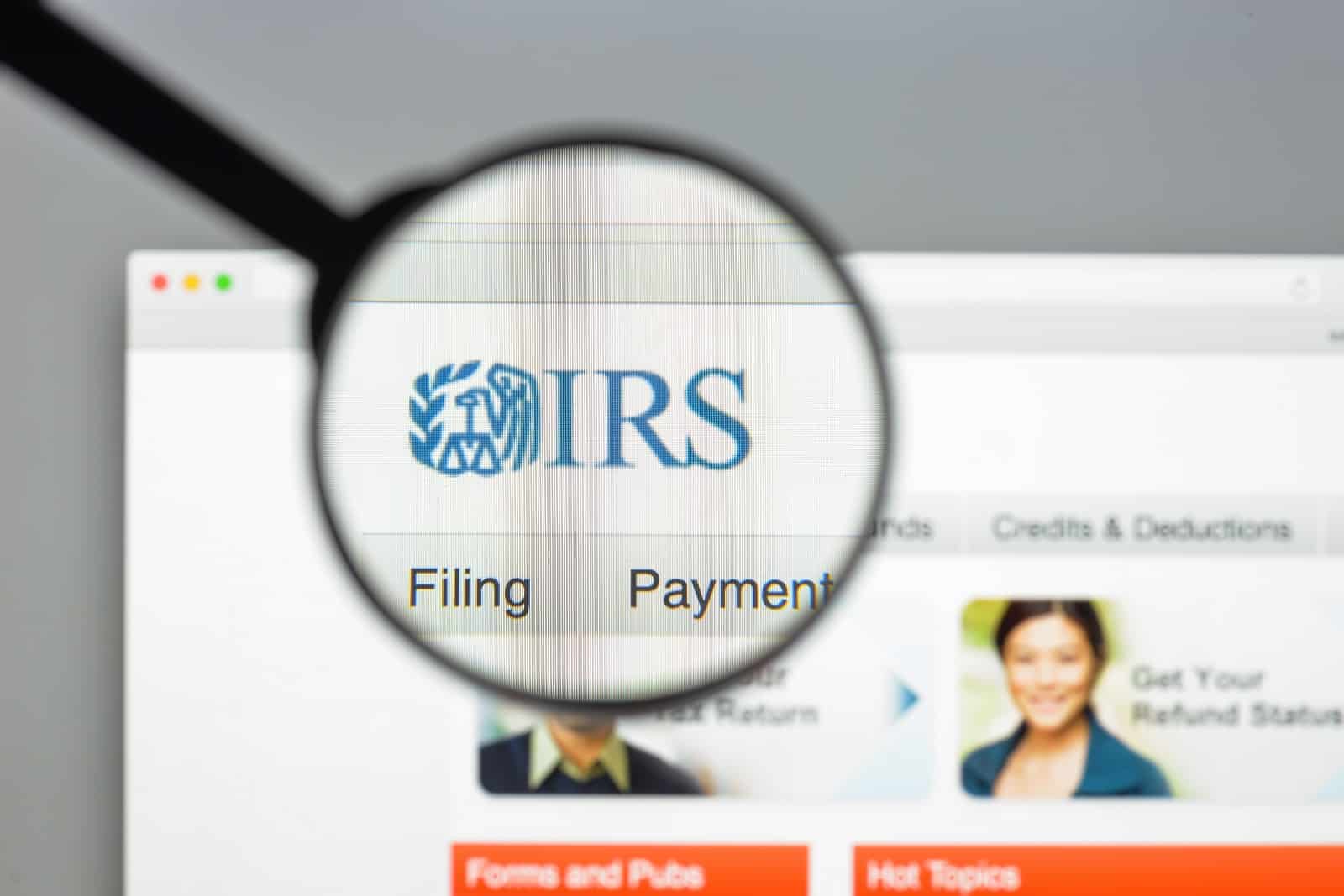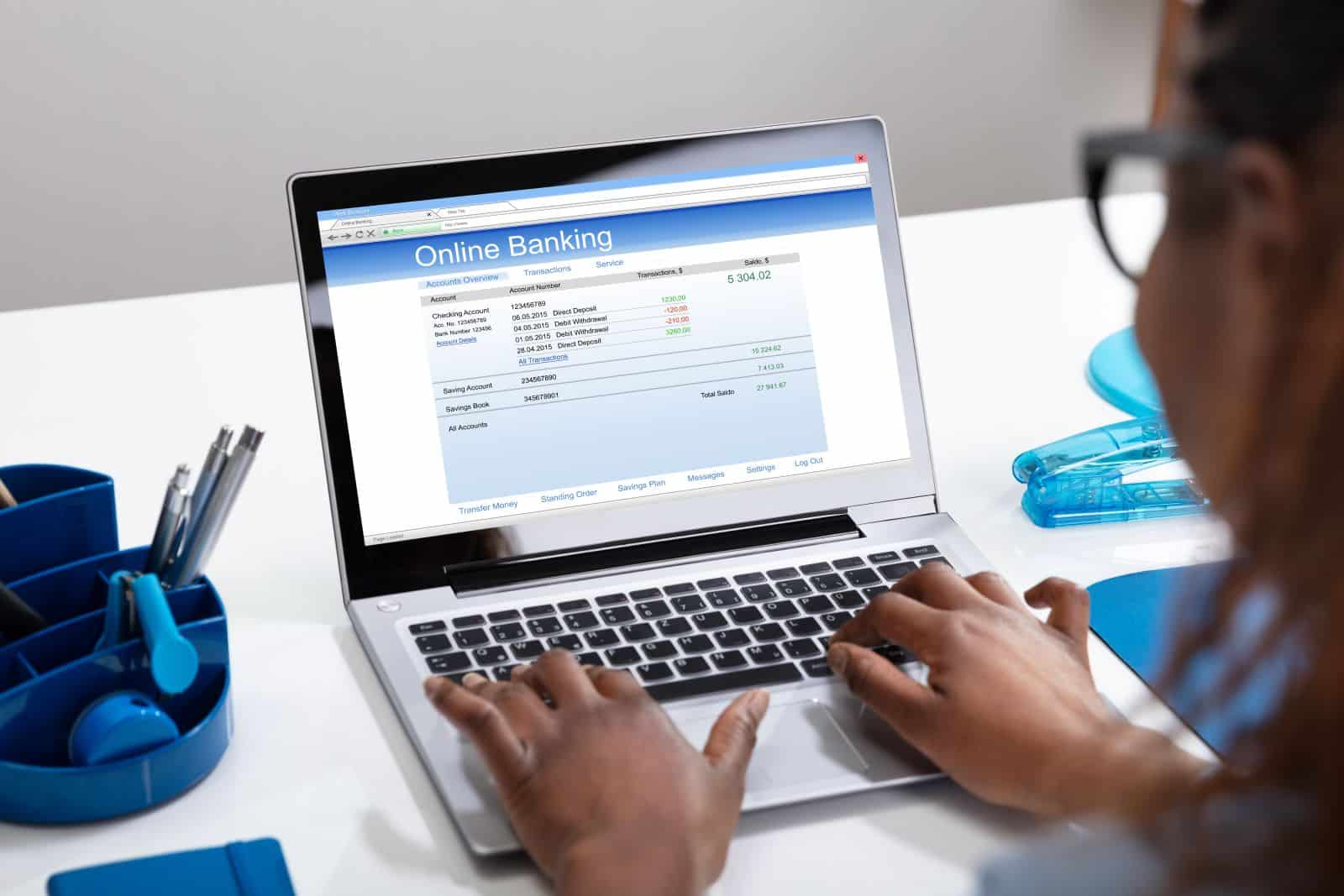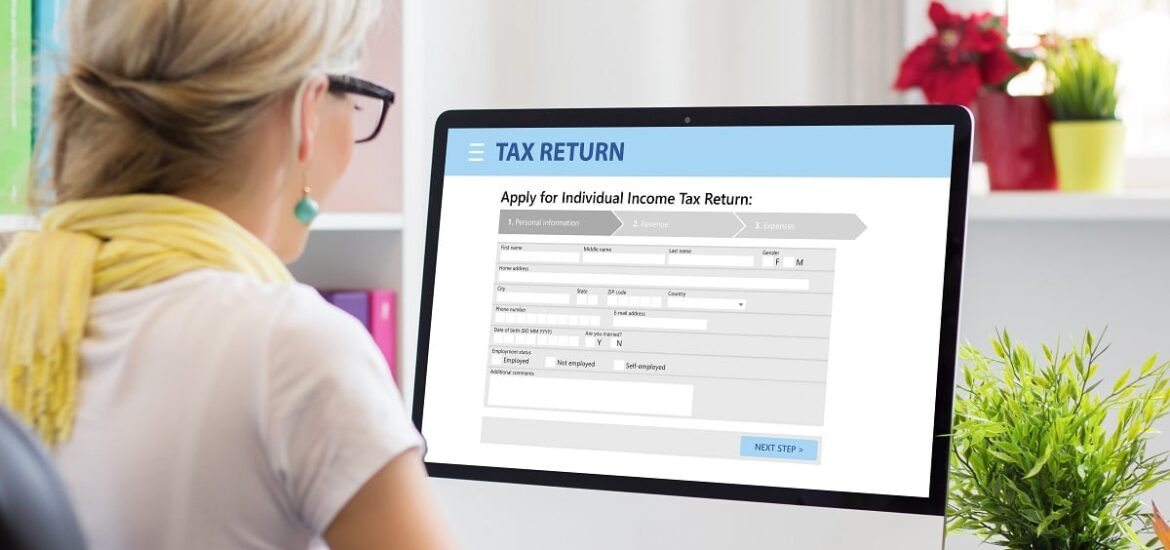With the 2024 tax filing deadline just around the corner, you might want to review these tips to make sure you’re not falling into tax traps this year.
Tax Season Approaches

Tax season is upon us, and millions of Americans are anxiously waiting to compile all of their documentation to get their returns filed. As many people find themselves struggling in a difficult economy, impending tax refunds offer a tiny bit of breathing room for folks in need.
IRS Warns About Common Mistakes

The IRS warns that there are nine common mistakes that people make when filing their taxes, though, and falling into these traps could cause your refund to be incorrect or delayed.
Reviewing the Mistakes That Could Cost You Time (and Money)

Here are some of the most frequent mistakes taxpayers make and how you can avoid them.
#1: Rushing to File

The wait for a tax refund can be daunting, especially if you’re relying on the refund to help get caught up on bills. But filing too early can create problems for you if you don’t have all of your documentation ready.
Take Your Time and Get It Right

Instead of rushing to get your tax return filed too early, make sure you have received all of your reporting documents first. Your employers should have W2 forms out by the end of January, but other institutions may take until mid-March before sending the forms you need to file.
#2: Forgetting (or Mixing Up) Your Social Security Number

Believe it or not, plenty of people forget to enter their social security number into their tax forms. Others simply accidentally put the number in incorrectly. Both of these mistakes can lead to delays in processing your return because the IRS has to verify your identity.
Triple-Check Your SSN

Make sure to double- and triple-check your documents to make sure that your social security number is present and accurate. It needs to be listed on your tax return exactly the same as it is on your Social Security card.
#3. Spelling Your Name Wrong

That’s right – it happens. Your name is just as important as your social security number when it comes to your tax forms, and sometimes people just misspell them. This can happen because of typos when filling out forms online. It also might happen if a tax preparer makes a mistake on your return.
Proofread for Spelling Errors

Whether you or someone else is completing your tax forms, make sure your name matches your Social Security card and is spelled accurately to avoid any delays with confirming your identity.
#4. Data Entry Errors

There are tons of opportunities for data to be incorrectly entered into a tax form. So much information has to be included that it’s difficult to make sure everything is correct. But if you report your income, credits, or deductions wrong, then the whole return could be considered invalid and result in delays or even penalties.
Don’t Let Data Be Your Downfall

Make sure you check your data against all of your tax forms to make sure everything matches and is accurate. If something seems off, double check it again or ask for help from a tax professional.
#5. Selecting the Wrong Filing Status

When you file your taxes each year, you have to choose the filing status that best represents your situation. The statuses to choose from are single, married filing jointly, married filing separately, head of household, and qualifying widow(er) with dependent child. Each status means something different for your tax liability, so it’s important for this to be accurate.
IRS Resources Available to Help

If you aren’t sure which status to choose, you can go to the IRS’s website and use their Interactive Tax Assistant to help you figure it out. Your tax professional or online tax filing software can also help you decide.
#6. Getting Your Math Wrong

According to the IRS, math mistakes happen pretty frequently. This can lead to an inaccurate return because your numbers don’t add up the way they’re supposed to.
Filing Online Can Save You Headaches

You can avoid math mistakes by using tax filing software or using a calculator to review your calculations.
#7. Failing to Understand the Credits and Deductions You Qualify For

There are a number of credits and deductions that may apply depending on your situation. These are figured out based on whether you have children, pay for childcare, are in school, or are in other qualifying situations.
IRS Website Offers Tools to Help

The Interactive Tax Assistant on the IRS website can help you determine what you qualify for and how to make sure you’re claiming everything correctly.
#8. Inputting Your Bank Account Information Incorrectly

If your bank account number is wrong on your tax return when you file, then your tax refund can’t be processed properly. The IRS recommends always choosing direct deposit for any refunds that you’re owed so that your funds get to you quickly and safely.
Confirm All Account Numbers

Double checking your account numbers and choosing the direct deposit option can help avoid any delays with the delivery of your refund.
#9. Forgetting to Sign Your Tax Forms

Even if everything else in your tax return is done correctly, forgetting to sign your forms renders the whole thing useless. You must have a valid signature on your tax return to file.
E-Filing and E-Signing

The good news is you can file – and sign – your returns electronically, saving you the hassle of printing, signing, and mailing your returns off. The IRS recommends this method to make sure there are no mail-related delays in processing your tax return.
Getting Ahead of the Game

Filing your taxes doesn’t have to be complicated as long as you avoid these common pitfalls and pay close attention to the data you’re entering. This year, you need to have your return filed by Monday, April 15th, so there’s plenty of time to get your documents together.
More From Frugal to Free…
U.S. Budget Breakthrough: A Huge Step Forward Amidst Looming Shutdown Threat
Will Easing Inflation in America Continue?
The post 9 Rookie Mistakes to Avoid When Filing Your Taxes This Spring first appeared on From Frugal to Free.
Featured Image Credit: Shutterstock / Kaspars Grinvalds.
The content of this article is for informational purposes only and does not constitute or replace professional financial advice.
